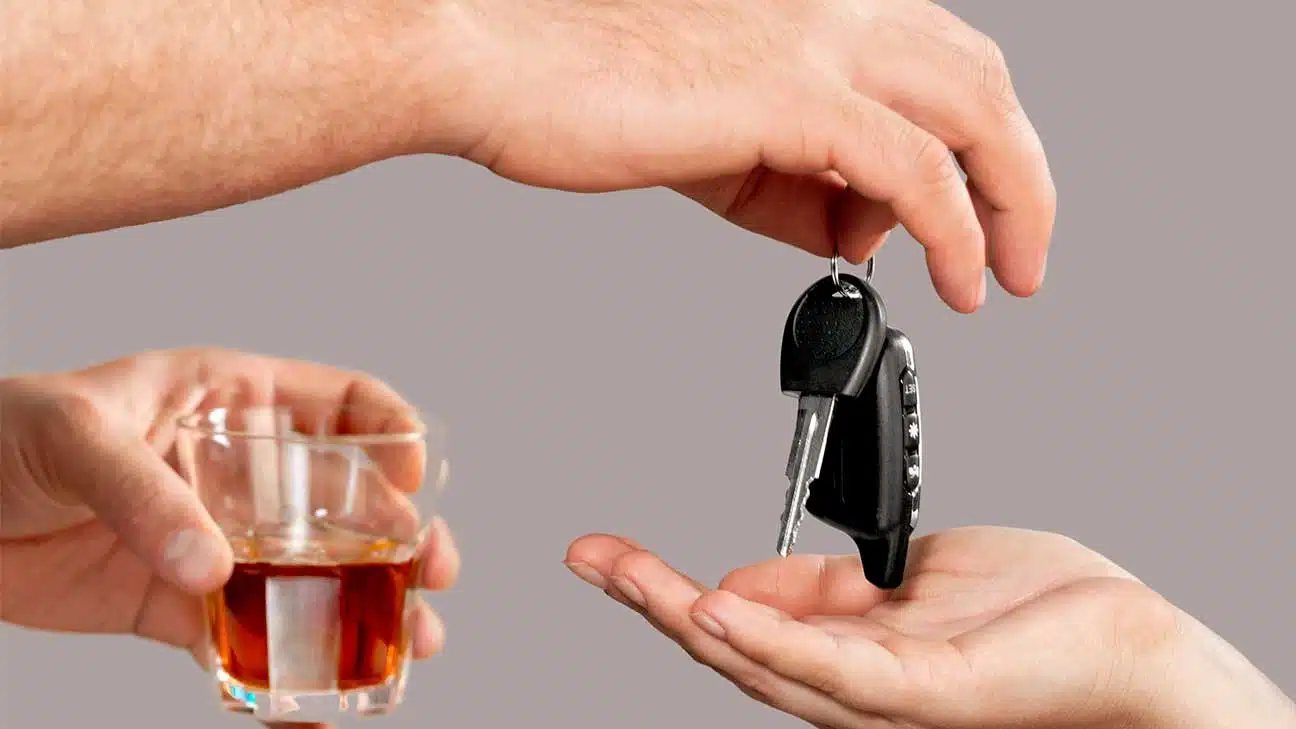
When social gatherings involve alcohol, designated drivers are vital. They help ensure safety for both their friends and others on the road, and as a result, they save lives.
Alcohol impairs judgment, balance, reflexes, and other crucial aspects required for driving, which is why it’s imperative that at least one person in the group stays sober.
If you’re going to be the designated driver for your next social event, whether or not you have done so in the past, the following tips can help you create a safe experience for yourself and your friends.
1. Plan Ahead
Before you leave to hang out with your friends, plan your role ahead of time to avoid confusion and confirm details such as pick-up and drop-off locations.
Make sure that the other group members know that you will be the designated driver for the night. This way, your friends will know who to look for if they need to go home early.
Knowing that you are the designated driver should also prevent your friends from pressuring you to drink.
2. Stay Sober And Consider Your Beverage Options
Staying sober as a designated driver may seem obvious, but people often underestimate what even a small amount of alcohol consumption can do.
This safety tip goes hand in hand with planning ahead. Many groups do not select their designated driver until late into the evening, simply choosing the person who is the least impaired to drive.
However, even a single alcoholic beverage can slow reaction times and decision-making skills, causing unsafe decisions when a person gets behind the wheel.
It often helps to consider your beverage choices before an event. For instance, if you want to drink something other than water or soda, you might choose a mocktail instead.
3. Keep An Eye On Your Group
As a designated driver, your role also includes keeping an eye on the non-sober members of the group.
Because alcohol impairs judgment, your friends may make poor decisions while intoxicated, or they may misjudge the amount of alcohol they have consumed.
Keep in mind that some people may allow the presence of a designated driver to lull them into a false sense of security.
They may drink excess amounts of alcohol, forgetting that activities other than driving can also be unsafe while drinking.
If anybody in your group appears excessively drunk, encourage them to stop drinking.
4. Consider More Than One Designated Driver
Depending on your own needs and the size of your group, being the sole designated driver can be an overwhelming endeavor.
For example, your group may have too many people to fit into a single car, or you may find it difficult to keep an eye on your friends without any help.
In that case, your group might consider having at least two designated drivers.
When you have a sober teammate, you can hold each other accountable, support each other, and work together to keep all members of the group as safe as possible.
5. Look For Signs Of Alcohol Addiction
If you and your friends go out on a regular basis, pay attention to behavioral patterns and take note of any warning signs of addiction.
For example, if any of your friends consistently refuse to be the designated driver, or if they can’t control how many drinks they consume, they may be dealing with an alcohol use disorder (AUD).
If that’s the case, wait for a time when you and your friend are both sober, and encourage them to look for addiction treatment.
If you or any of your friends do have a drug or alcohol addiction, look for activities together as a group that do not include substances, such as going to the movie theater.
Find Help For Addiction
If you or a friend are experiencing addiction, treatment is available. Although addiction is a complicated and difficult mental health disorder, it is possible to recover.
If you or a loved one need help to overcome substance abuse, contact Addiction Resource today.
Published on August 9, 2023
Addiction Resource aims to provide only the most current, accurate information in regards to addiction and addiction treatment, which means we only reference the most credible sources available.
These include peer-reviewed journals, government entities and academic institutions, and leaders in addiction healthcare and advocacy. Learn more about how we safeguard our content by viewing our editorial policy.
- Centers For Disease Control And Prevention (CDC)
https://www.cdc.gov/alcohol/fact-sheets/alcohol-use.htm - National Highway Traffic Safety Administration
https://www.nhtsa.gov/book/countermeasures/a1-alcohol-and-drug-impaired-driving/55-designated-drivers - National Highway Traffic Safety Administration
https://www.nhtsa.gov/risky-driving/drunk-driving
